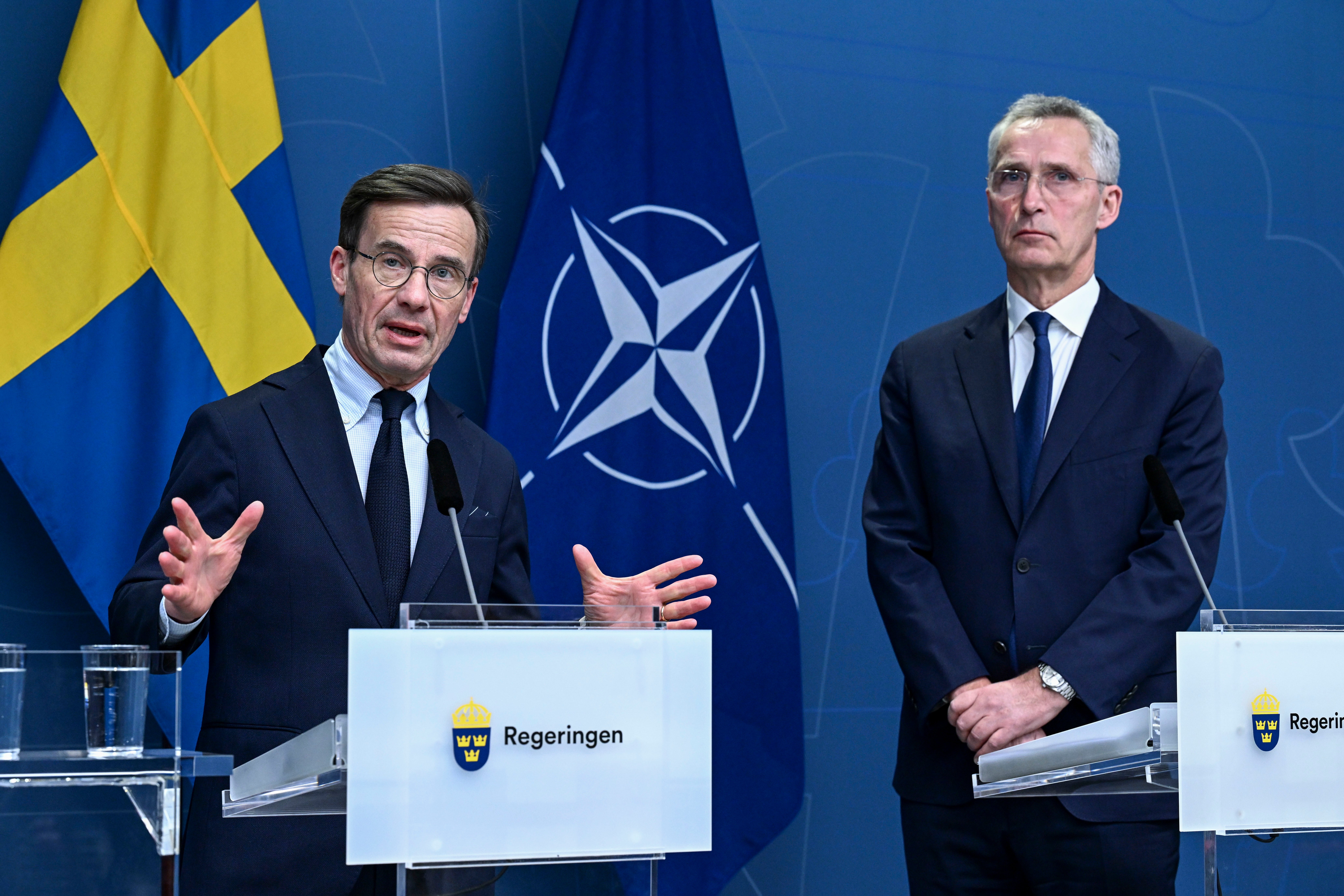Nordic news outlets: Russian yachts, cargo ships spy at sea
The public broadcasters of four Nordic countries have published a joint investigation that says Russia is suspected of spying in the waters of the Baltic Sea and North Sea using civilian fishing trawlers, cargo ships and yachts

Your support helps us to tell the story
From reproductive rights to climate change to Big Tech, The Independent is on the ground when the story is developing. Whether it's investigating the financials of Elon Musk's pro-Trump PAC or producing our latest documentary, 'The A Word', which shines a light on the American women fighting for reproductive rights, we know how important it is to parse out the facts from the messaging.
At such a critical moment in US history, we need reporters on the ground. Your donation allows us to keep sending journalists to speak to both sides of the story.
The Independent is trusted by Americans across the entire political spectrum. And unlike many other quality news outlets, we choose not to lock Americans out of our reporting and analysis with paywalls. We believe quality journalism should be available to everyone, paid for by those who can afford it.
Your support makes all the difference.Russia is suspected of spying in the waters of the Baltic Sea and North Sea using civilian fishing trawlers, cargo ships and yachts, the public broadcasters of four Nordic countries said in a joint investigation published Wednesday.
The investigation by the public broadcasting companies of Denmark, Finland, Norway and Sweden uncovered Moscow’s alleged undersea intelligence operations by tracking the radio traffic and locations of Russian vessels traveling in the seas over the past year.
Analyzing the data revealed suspicious sailing patterns, particularly around offshore wind farms, gas pipelines, and undersea power and data cables, the broadcasters said. They published the investigation on their websites and planned to air a documentary, titled “Shadow War,” with their full findings later Wednesday.
One of their conclusions states that Russian military and civilian ships were constantly on the move in the Baltic Sea and the North Sea with the aim of mapping critical infrastructure in the seabed. Among the reasons Moscow might be interested in doing that would be to plan and prepare possible acts of sabotage, such as cutting the flow of electricity to nearby countries, the joint investigation says.
Asked to comment on the Nordic allegations that Russia was preparing to sabotage energy infrastructure, Kremlin spokesman Dmitry Peskov said during a conference call with reporters that European countries “again prefer to baselessly blame Russia for everything.”
“We would prefer it if they focused on the terror attack on the Nord Stream pipelines and the need for a transparent, urgent and broad international inquiry into these unprecedented terrorist acts of sabotage,” Peskov said, referring to explosions that damaged two Russia-to-Germany gas pipelines in the Baltic Sea last year.
Swedish news agency TT quoted Prime Minister Ulf Kristersson as saying he wasn’t surprised by the revelation of Russia's alleged “illegitimate information gathering.”
“But this is serious. It underlines that we have a very risky situation in our immediate vicinity,” Kristersson said during a press conference at the Karlskrona naval base in southern Sweden.
In Brussels, NATO Secretary-General Jens Stoltenberg told reporters he wouldn’t speculate about the specific incidents, ships or capabilities presented in the Nordic investigation.
“NATO has addressed threats against undersea infrastructure for many, many years," Stoltenberg said. After the explosions incapacitated the Nord Stream gas pipelines, "we stepped up our presence in the Baltic Sea and the North Sea with ships, planes and other capabilities,” he added.
___
Lorne Cook in Brussels contributed to this article.